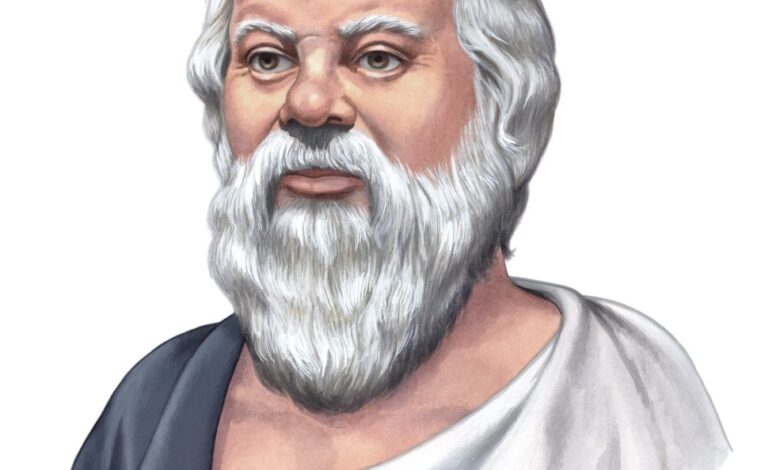
We often hold democracy in high esteem, especially its birthplace, Ancient Athens. The Parthenon has become synonymous with democratic values, often attracting leaders of democracies for photo opportunities among its ruins.
However, it’s noteworthy to discover that one of Ancient Greece’s great achievements, Philosophy, viewed its other achievement, Democracy, with skepticism. In the dialogues of Plato, the founding father of Greek Philosophy – Socrates – is portrayed as deeply pessimistic about democracy. In Book Six of The Republic, Plato describes Socrates engaging in a conversation with Adeimantus, discussing the flaws of democracy by likening society to a ship. Socrates asks Adeimantus, if you were setting sail, who would you prefer to be in charge of the vessel – anyone or people educated in the rules of seafaring? Adeimantus, of course, chooses the latter. So why then, asks Socrates, do we believe that just anyone should be fit to judge who should rule a country?
Socrates argues that voting in an election is a skill, not a random intuition, and like any skill, it needs to be taught systematically to people. Allowing citizens to vote without education is as reckless as entrusting them to navigate a ship in a storm.
Socrates had firsthand experience of the folly of voters. In 399 BC, he was put on trial on false charges of corrupting the youth of Athens. A jury of 500 Athenians found him guilty by a narrow margin. He was sentenced to death by hemlock in a process as tragic to thinking people as Jesus’s condemnation has been to Christians.
Importantly, Socrates was not elitist in the conventional sense. He didn’t advocate for a narrow few to exclusively vote. He insisted, however, that only those who had thought about issues deeply and rationally should be allowed to vote.
We’ve forgotten this distinction between an intellectual democracy and a democracy by birthright. We’ve granted the vote to all without linking it to wisdom. And Socrates predicted precisely where that would lead: to a system the Greeks feared most, demagoguery.
Ancient Athens experienced the dangers of demagogues, such as the infamous figure of Alcibiades, a wealthy, charismatic man who eroded basic freedoms and pushed Athens to disastrous military adventures in Sicily. Socrates knew how easily people seeking election could exploit our desire for simple answers. He asked us to imagine an election debate between two candidates, one like a doctor and the other like a sweet shop owner. The sweet shop owner would promise indulgence while portraying the doctor as a nuisance. Socrates asked, would the doctor be able to effectively reply to such pandering? The true answer – ‘I cause you trouble, and go against your desires to help you’ – would likely cause an uproar among the voters.
We’ve forgotten Socrates’s poignant warnings against democracy. We’ve preferred to see democracy as an unambiguous good rather than a process only as effective as the education system surrounding it. As a result, we’ve elected many sweet shop owners and few doctors.




